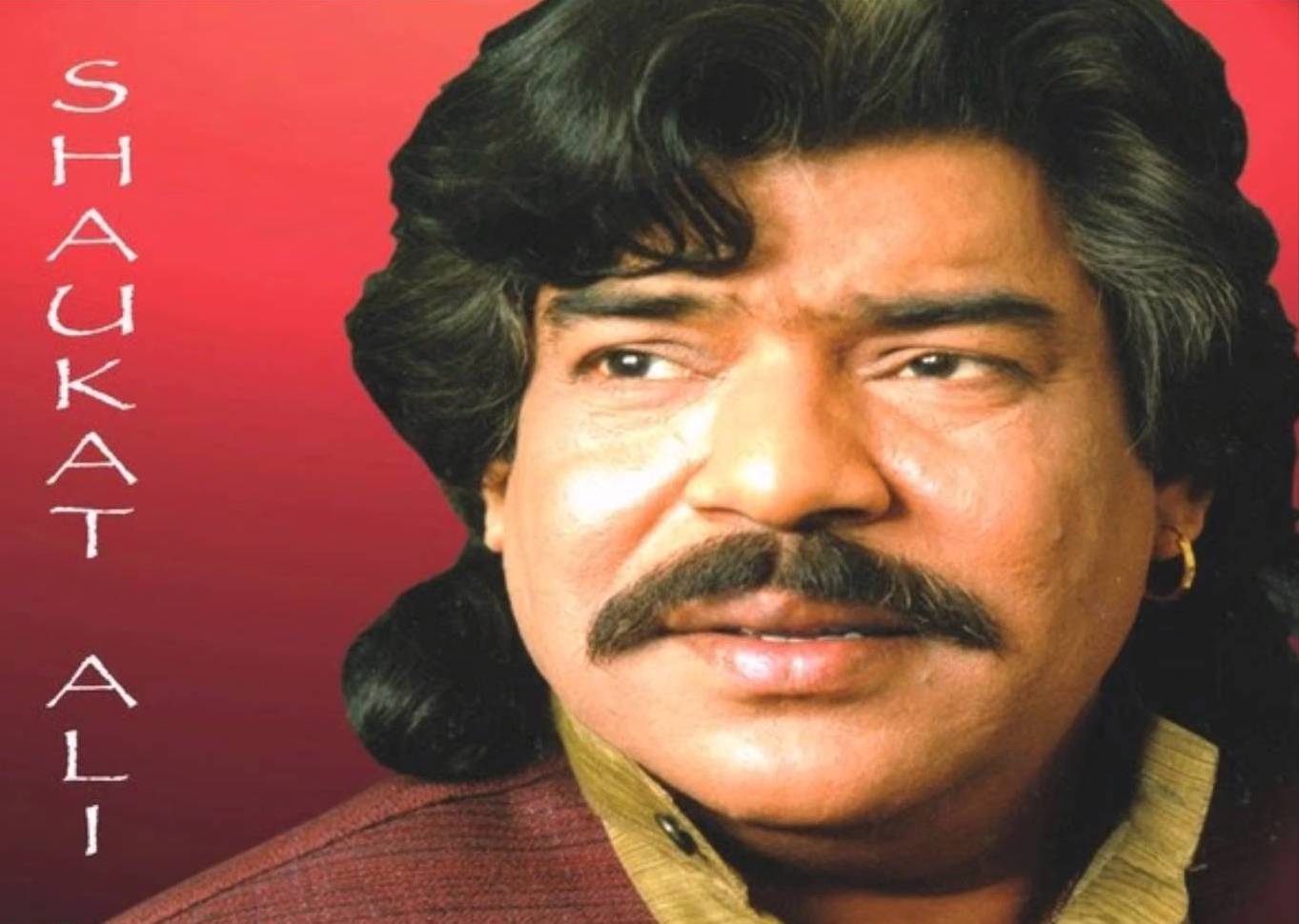
Various Artists – Qaul








‘Qaul’ or Qawwali is a style of music that has evolved over the last 700 years. Part of the Sufi devotional music tradition, Qawwali has become a genre that is widespread across South Asia and can be found in Punjab and the rest of North India. Qaul is an Arabic word that translates to ‘promise’. Qawwali- a spiritual genre is a statement of the promise, devotion and love one feels for the almighty/ beloved/ muse/ Guru- all of which are referred to in a rendition and such is the potency of the metaphor that clear lines can rarely be drawn. Each one sings with their own meaning, the listeners understand in their own ways as well. Qawwalis can range in length from a few minutes to even as long as half an hour. They usually begin with an instrumental introduction that gently opens the piece and creates an ambiance. It is followed by the lead singer performing a few alaps (improvised unmetered melodies) that conform to the raag (traditional scale) of the song. After the alaps the lead singer performs a few verses which do not form part of the main song. He is mirrored by the accompanying singers who may add their own improvisations to the verses as they go along. Lastly, begins the main verses. These are usually sung in a traditional style and no improvisation is made on either the tempo or the lyrics. Throughout this process, there is a gradual increase in energy from the gentle beginnings of the piece to a powerful, uptempo, energetic end. This facilitates a creation of a hypnotic state within the performers and the audience alike and is believed to aid in connecting with the Almighty. This album presents Qawwali and Sufi performances of Punjab by Gurmej Raja, Shaukat Ali, Saida Begum and Akhtar Ali.
Various Artists – Kahe Kabira

`Kahe Kabira` is a unique compilation of compositions that are paradigms of the colloquial flavor of devotion in India. Saint Kabir wrote of philosophical and spiritual thoughts in very simple words and examples taken from day to day reality. He was brought up by a Muslim family who was weavers by profession and driven by an inner passion to decipher the truth of existence, he went on to become a glowing symbol of secular spiritualism and therefore appeals to all religions alike be it Hinduism, Sikhism or Islam. The verses of the saint are set to the sounds of Tandoora (single stringed folk instrument), Khanjeera, Harmonium, Khartal, Chimta, Dholak, and Manjira. The earthiness of the vocals and warmth of a folk rhythm together amount to a highly sonorous experience. Performed by the Manganiar, Meghwal, and Nath Jogi communities, the writings of Kabir are beautifully sung within social gatherings. Each song ends with an avowal: `Kahe Kabira Suno Bhai Sadhu….` which means- Oh Sadhu! Listen to what Kabir has to say… and goes on, to sum up, the moral of the piece in an aptly worded teaching.
Various Artists – Sancha Dev Baba Ramdev Rajasthani Bhajans


Regarded as the incarnation of Lord Krishna, Ramdeoji a folk deity of Rajasthan spent all his life in the uplifting the downtrodden. This prince who lived the life of a saint during the fourteenth century in India is revered as Ramshah Pir who is believed to have possessed miraculous healing powers and believed to have treated innumerable people from far and wide. Advocating the aspect of equality for all, Ramdeoji or Baba Ramdev treated the rich and poor equally. Disciples and believers of Baba Ramdev have put together devotional songs in praise of their Lord in this album.
Kurban Farid Shahi Qawwal – Fariyad

One of the most celebrated Sufi saints, Khwaja Moinuddin Chisti lived in Ajmer – India. Born in the year 1141, Khwaja Moinuddin Chisti is a proponent of a unique Sufi order of the Chishtis and is lovingly called Gareeb Nawaaz – one who cares for, nurtures and blesses the poor. Passionate renditions are sung in his praise and worship by famed Qawwali groups and a unique style of music characterized by spiritual ecstasy has evolved in his honor. He is referred to as the generous hearted, the savior of the down trodden and imagined as a decorated, youthful, prosperous groom in varying compositions dedicated to him. It is believed that unless he wills no one can visit his shrine and millions throng every year to pay their respects and tie threads of hope as they voice their wish to their loving Khwaja. So endearing is the relationship between the believer and the Khwaja that he is called out to as ‘tu’- an address reserved for someone younger to one and with whom one has an informal relationship. He is believed to be a mentor at times and at others spoken of as one’s love and at yet others as the true manifestation of the divine.








